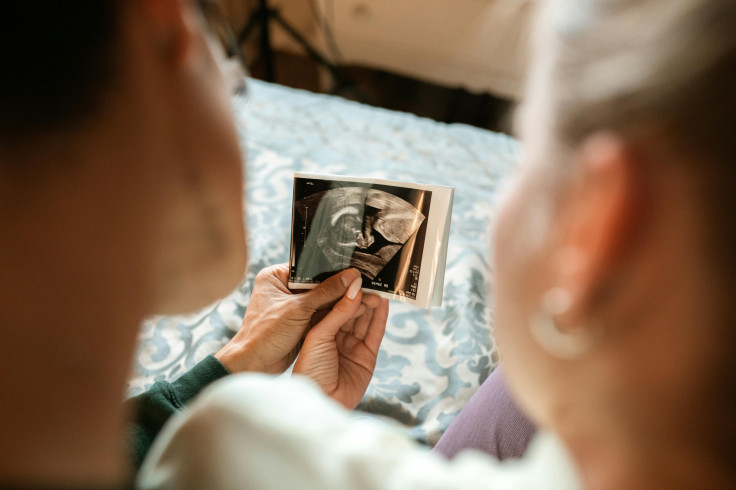New Hodgkin's Lymphoma Treatment Boosts Fertility Preservation Without Sacrificing Survival

Young adults diagnosed with advanced Hodgkin's lymphoma may no longer have to choose between survival and future parenthood. A major international study, published in The Lancet Oncology, shows that a new chemotherapy regimen, BrECADD, significantly improves fertility outcomes compared to the long-used eBEACOPP protocol — without compromising recovery rates. Led by researchers from University Hospital Cologne and the German Hodgkin Study Group (GHSG), the findings are poised to shift standard treatment guidelines for younger patients hoping to have children after cancer.
The results were published in The Lancet Oncology under the title "Fertility in patients with advanced-stage classic Hodgkin lymphoma treated with BrECADD versus eBEACOPP: a secondary analysis of the multicentre, randomised, parallel, open-label, phase 3 HD21 Trial."
A Fertility-Friendly Option for Young Cancer Patients
Hodgkin's lymphoma, a cancer of the lymphatic system, is one of the most common cancers affecting adolescents and young adults. While current therapies are effective in achieving remission, they often come at a high cost: permanent infertility, particularly for male patients.
The HD21 trial compared two treatments: the standard eBEACOPP regimen and the newer, experimental BrECADD protocol. Among more than 1,500 participants across nine countries, those treated with BrECADD showed significantly better hormonal recovery three years after treatment.
Specifically, 95% of women and 86% of men in the BrECADD group had regained normal hormone levels—compared to just 73% of women and 40% of men in the eBEACOPP group. The study also recorded higher numbers of pregnancies and births among those who received BrECADD.
"For young adults with Hodgkin's lymphoma, BrECADD offers a better chance at building a family after beating cancer—without compromising survival," said Dr. Justin Ferdinandus, Study Physician with the GHSG and first author of the study. "It's a win-win."
A New Standard of Care
BrECADD is already being adopted as the new standard first-line treatment at University Hospital Cologne and has been integrated into the current Onkopedia guideline for treating Hodgkin's lymphoma in patients who desire fertility preservation.
"The HD21 study is fundamentally changing clinical practice," said Dr. Karolin Behringer, Study Physician and senior author of the paper. "Our data clearly support BrECADD as the preferred option for younger patients—especially those who want children in the future."
The study tracked hormone recovery through blood serum levels of follicle-stimulating hormone (FSH), a key marker of fertility in both men and women. Researchers also collected data on actual pregnancies and live births, providing real-world evidence of BrECADD's long-term benefits beyond the lab.
Backed by Global Collaboration
The HD21 trial was a randomized, phase III clinical study involving 233 medical centers in nine countries, encompassing patients up to age 60. The study was supported by Takeda Oncology and represents one of the most comprehensive efforts to evaluate fertility outcomes after cancer treatment.
"This marks a pivotal moment in oncology and survivorship care," said Dr. Ferdinandus. "We're not just saving lives—we're helping patients live the kind of life they dreamed about before cancer."
What This Means for Patients
The findings are particularly meaningful for adolescent and young adult (AYA) cancer patients, who often face difficult decisions about fertility preservation at the time of diagnosis. With BrECADD, fewer may need to resort to invasive or costly fertility preservation procedures before starting treatment.
For men especially, the study indicates a substantial increase in the likelihood of fathering biological children post-treatment—an area where eBEACOPP was notably limited.
The researchers hope these findings will encourage oncologists worldwide to consider BrECADD as a frontline option for Hodgkin's lymphoma in fertility-conscious patients.



























